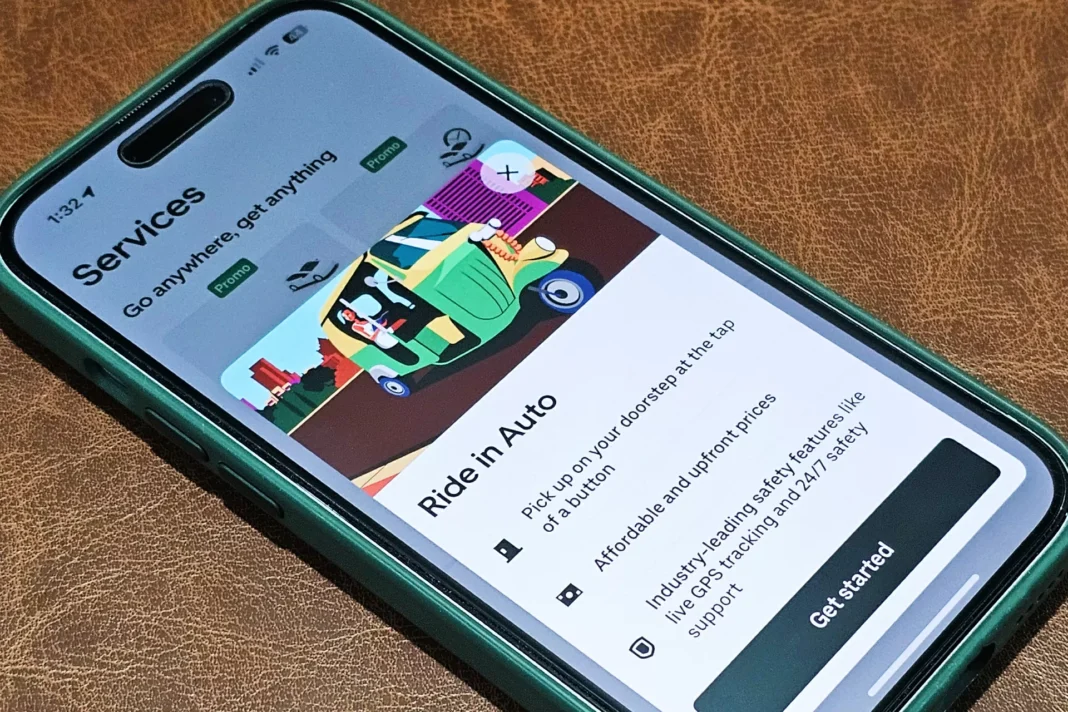Uber has been a game-changer in the transportation industry since its launch in 2009. With its convenient and affordable ride-hailing services, it quickly became a popular choice for commuters all around the world. However, the company has faced its fair share of challenges, especially in India, where it has had to adapt to the unique market conditions and regulations. In its latest move, Uber has introduced a new daily fee for auto-rickshaw drivers in India, marking a significant shift from its traditional commission-based model. This decision has caused quite a stir among drivers and passengers alike, with many questioning the motives behind this change.
Uber has been operating in India for over six years now and has been facing stiff competition from other ride-hailing services such as Ola and Meru. To stay ahead of the game, Uber has been constantly evolving and innovating its services to cater to the needs of the Indian market. However, one major challenge that the company has faced is the fluctuating demand for rides, which has resulted in varying income for the drivers. This issue has not only affected the drivers’ livelihood but has also led to a decline in the quality of service for passengers.
To tackle this issue, Uber has decided to introduce a daily fee for auto-rickshaw drivers in India. Under this new model, drivers will have to pay a fixed amount to Uber every day, regardless of the number of rides they complete. This fee will cover the cost of using Uber’s platform, and the drivers will be able to keep 100% of their earnings from the rides. This move is expected to provide a more stable source of income for the drivers, ensuring their financial stability and motivating them to provide better service to the passengers.
The decision to move away from a commission-based model has been met with mixed reactions from the public. Some people have raised concerns about the additional burden this fee will have on the drivers, who are already struggling to make ends meet. However, Uber has assured that this fee is much lower than the commission it used to charge, and the drivers will still be able to earn more under this new model. Moreover, the company has also announced that it will provide incentives and bonuses to drivers who complete a certain number of rides, further increasing their income potential.
This new model is a win-win situation for both the drivers and passengers. The drivers will have a stable source of income, while the passengers can expect better quality service as the drivers will be more motivated to provide a good experience. This move also reflects Uber’s commitment to its driver-partners, who are crucial to the success of the company.
In addition to providing a more stable income for the drivers, this change also aligns with Uber’s long-term goals for sustainability and growth. A commission-based model may have worked well in the initial stages, but as the company expands and faces challenges, it needs to adapt and find new ways to ensure its sustainability. This new model will also encourage more drivers to join the Uber platform, increasing its reach and providing more options for passengers.
Some critics may argue that this decision is just a way for Uber to increase its profits and reduce its costs. However, the company has clarified that the daily fee will only cover the cost of using its platform, and the earnings from the rides will go directly to the drivers. Moreover, this model has been successfully implemented in other countries, such as Egypt and Sri Lanka, where it has led to increased driver satisfaction and better service for passengers.
In conclusion, Uber’s decision to introduce a daily fee for auto-rickshaw drivers in India marks a significant step towards creating a more sustainable and efficient ride-hailing service in the country. It addresses the challenges faced by both drivers and passengers and reflects the company’s commitment to providing a better experience for all its stakeholders. While there may be some initial skepticism, we believe that this change will ultimately benefit everyone and contribute to the growth of the transportation industry in India.


